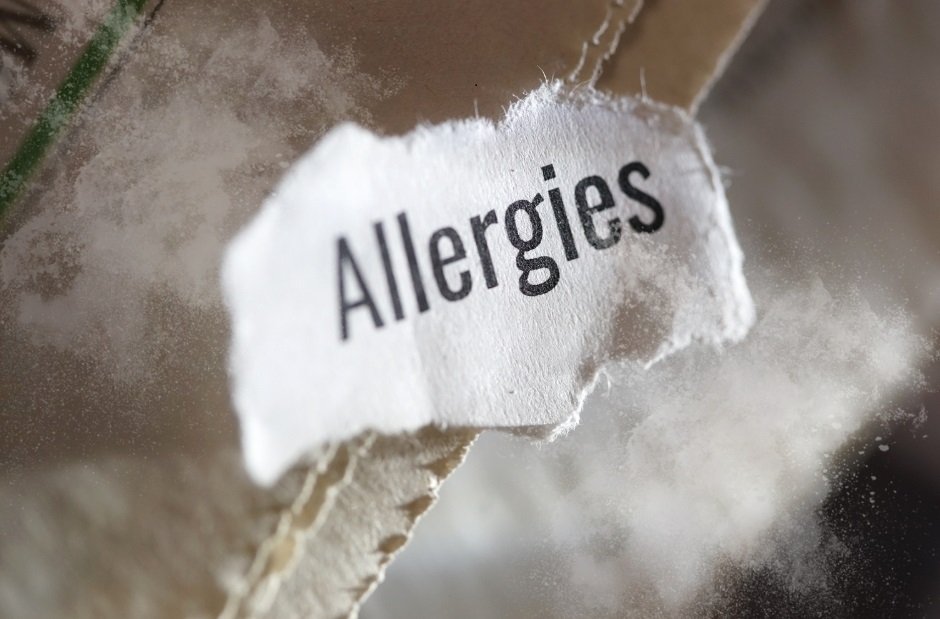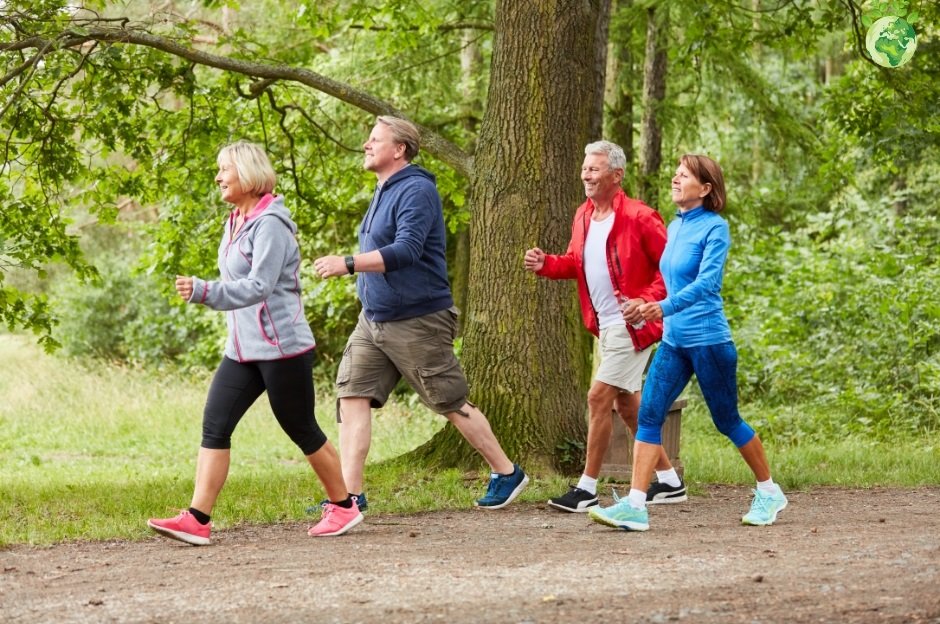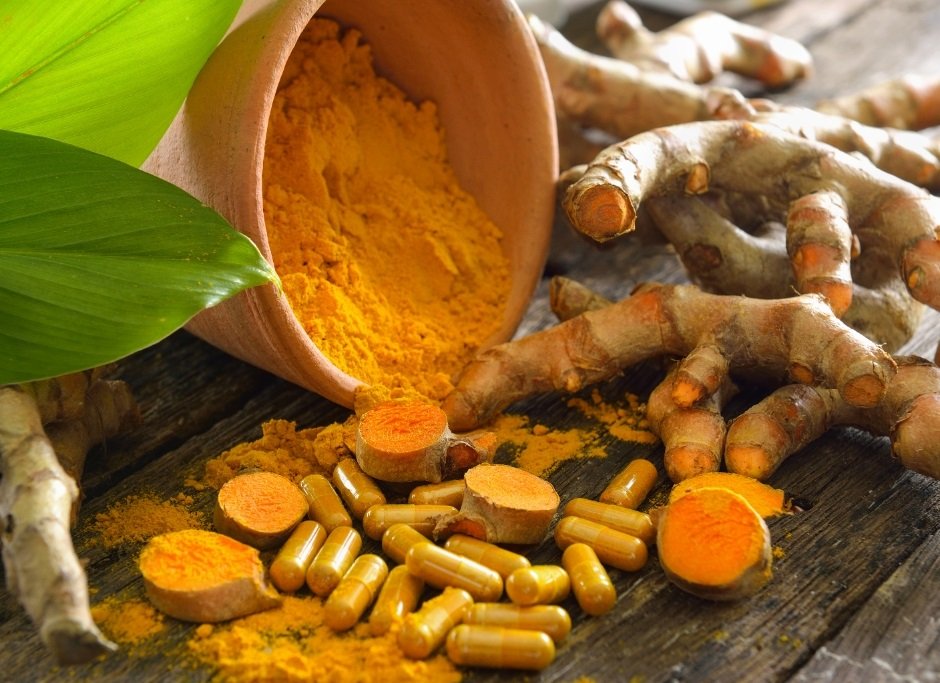How to Protect Your Skin from Sunlight in Summer
Summer brings warm weather, outdoor activities, and longer days, but it also brings the risk of harmful UV radiation from the sun. Protecting your skin from the sun’s harmful rays is crucial to prevent sunburn, premature aging, and skin cancer. This guide offers a comprehensive look at the best strategies for keeping your skin safe during the summer.
Understanding UV Radiation
To understand why sunlight can be harmful, it’s important to know about UV radiation and its impact on the skin. The sun emits three types of UV rays:
- UVA Rays: These rays penetrate deeply into the skin, leading to long-term damage like wrinkles, age spots, and even skin cancer.
- UVB Rays: These are responsible for sunburns and play a significant role in the development of skin cancer. They also contribute to tanning.
- UVC Rays: These are absorbed by the Earth’s atmosphere and don’t reach the surface.
Because UVA and UVB rays can be harmful, it’s crucial to take steps to protect your skin from overexposure.
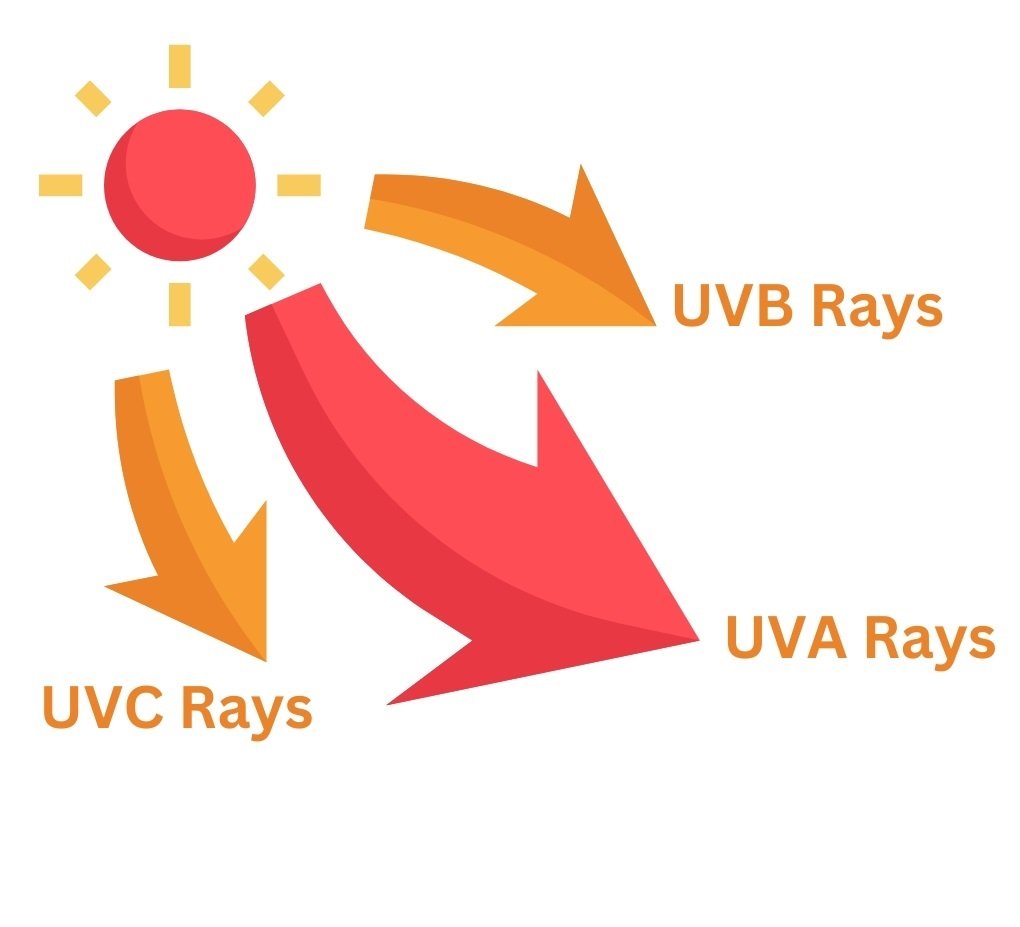
1. Apply Sunscreen Regularly
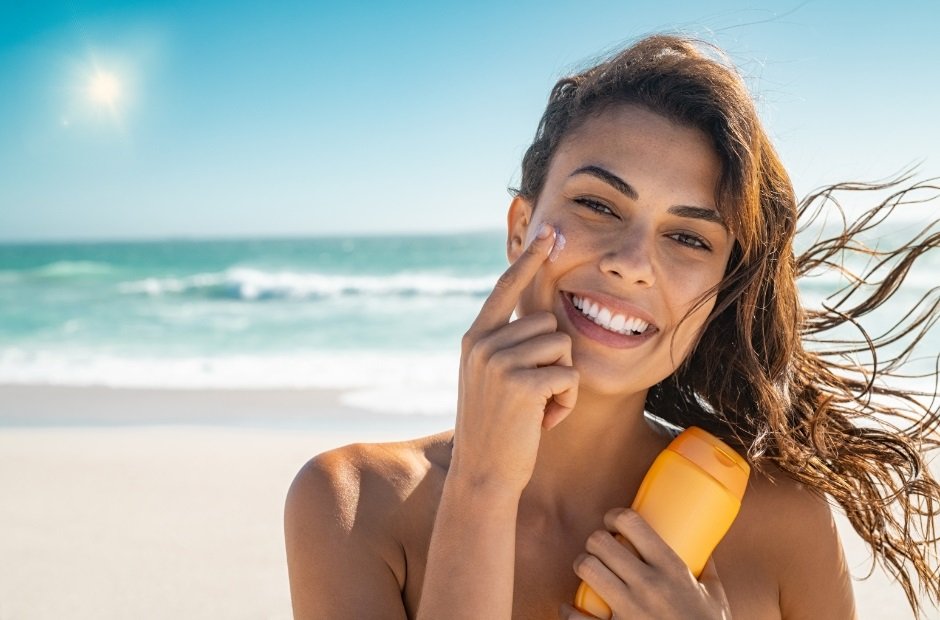
Sunscreen is one of the most effective ways to protect your skin from UV radiation. Here’s what you need to know about choosing and applying sunscreen:
- Choose the Right SPF: SPF, or Sun Protection Factor, indicates the level of protection against UVB rays. An SPF of at least 30 is generally recommended, offering approximately 97% protection from UVB rays. Higher SPFs offer slightly more protection, but no sunscreen blocks 100% of UV rays.
- Select Broad-Spectrum Sunscreen: Broad-spectrum sunscreens protect against both UVA and UVB rays. Look for this designation on the label.
- Apply Generously and Evenly: Apply sunscreen liberally to all exposed skin. A common mistake is not using enough; aim for about one ounce (a shot glass-sized amount) to cover your entire body.
- Reapply Frequently: Sunscreen needs to be reapplied every two hours or immediately after swimming or sweating. Keep a travel-sized sunscreen with you for easy reapplication.
- Use Water-Resistant Sunscreen: If you’re swimming or sweating, choose a water-resistant sunscreen to ensure lasting protection.
2. Wear Protective Clothing

Clothing can act as a physical barrier against UV rays, reducing your skin’s exposure. Consider these protective clothing tips:
- Opt for Long Sleeves and Pants: Lightweight, breathable fabrics like cotton, linen, or moisture-wicking materials are comfortable in the summer heat while offering good coverage.
- Invest in UPF Clothing: Ultraviolet Protection Factor (UPF) clothing is specially designed to block UV rays. Look for UPF-rated shirts, pants, and accessories for added protection.
- Choose Wide-Brimmed Hats: A wide-brimmed hat offers better coverage than a baseball cap, shielding your face, ears, and neck from the sun.
- Wear Sunglasses with UV Protection: Sunglasses aren’t just for style—they protect your eyes and the surrounding skin from UV rays. Look for sunglasses that block 100% of UVA and UVB rays.
3. Seek Shade

Seeking shade is an effective way to reduce UV exposure, especially during peak sun hours. Here are some ways to find shade:
- Plan Activities Outside Peak Sun Hours: The sun is strongest between 10 a.m. and 4 p.m. If possible, schedule outdoor activities early in the morning or later in the evening.
- Use Umbrellas and Awnings: When you’re at the beach or in your backyard, set up umbrellas or awnings to create shaded areas. This provides relief from direct sunlight.
- Look for Natural Shade: Trees, buildings, or other structures can offer shade while you’re outdoors. When hiking or walking, seek out shaded paths to reduce UV exposure.
4. Stay Hydrated
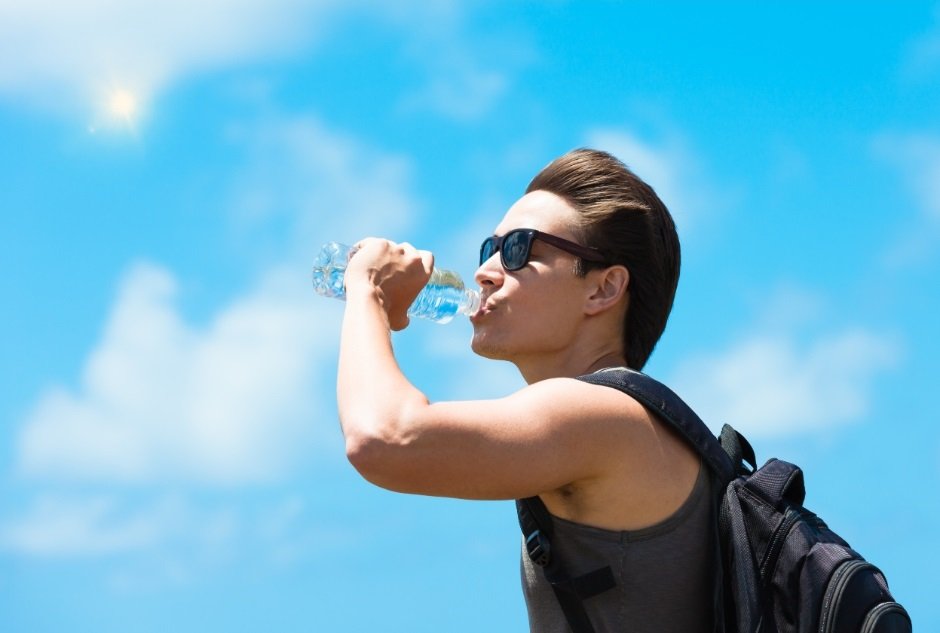
Staying hydrated is crucial for maintaining healthy skin, especially during the hot summer months. Proper hydration helps keep your skin supple and reduces the risk of sunburn. Here’s how hydration benefits you:
- Promotes Skin Health: Hydrated skin is more resilient and less prone to dryness and irritation. Drink plenty of water throughout the day to maintain skin elasticity.
- Supports Overall Health: Adequate hydration helps regulate body temperature and prevents heat-related illnesses like heat exhaustion and heatstroke. Aim for at least 8-10 cups of water per day, or more if you’re active or spending time in the sun.
5. Avoid Tanning Beds
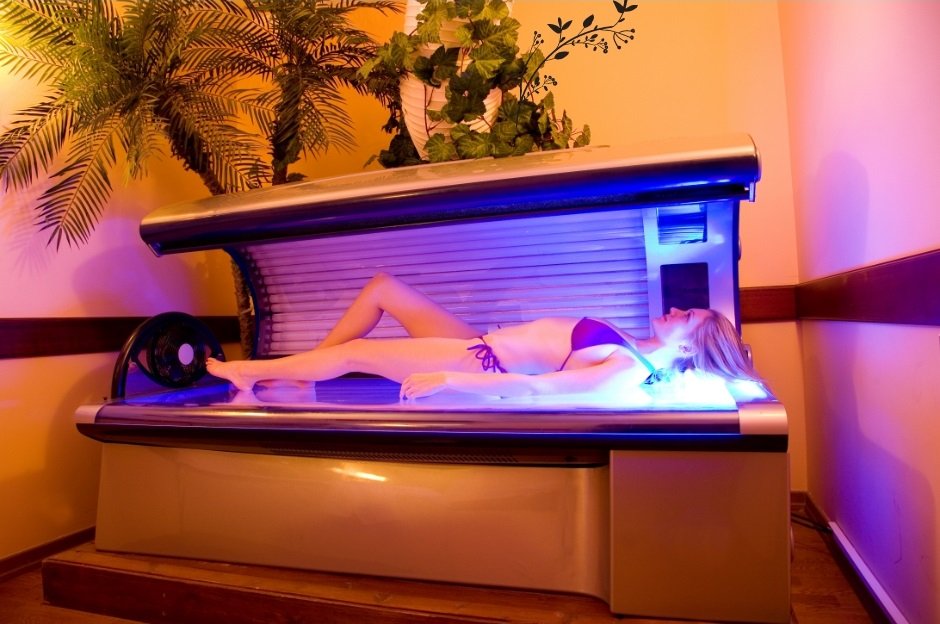
Tanning beds and artificial tanning devices emit UV radiation, increasing your risk of skin damage and skin cancer. While a tan might seem appealing, the risks outweigh the benefits. Consider safer alternatives for achieving a sun-kissed look:
- Use Sunless Tanners: Sunless tanning products, like lotions, sprays, and mousses, provide a tan-like appearance without UV exposure. Follow the instructions carefully to avoid streaking or uneven coloration.
- Try Bronzing Makeup: Bronzing powders and creams can add a sun-kissed glow to your skin without the risks associated with tanning beds or prolonged sun exposure.
6. Monitor Your Skin
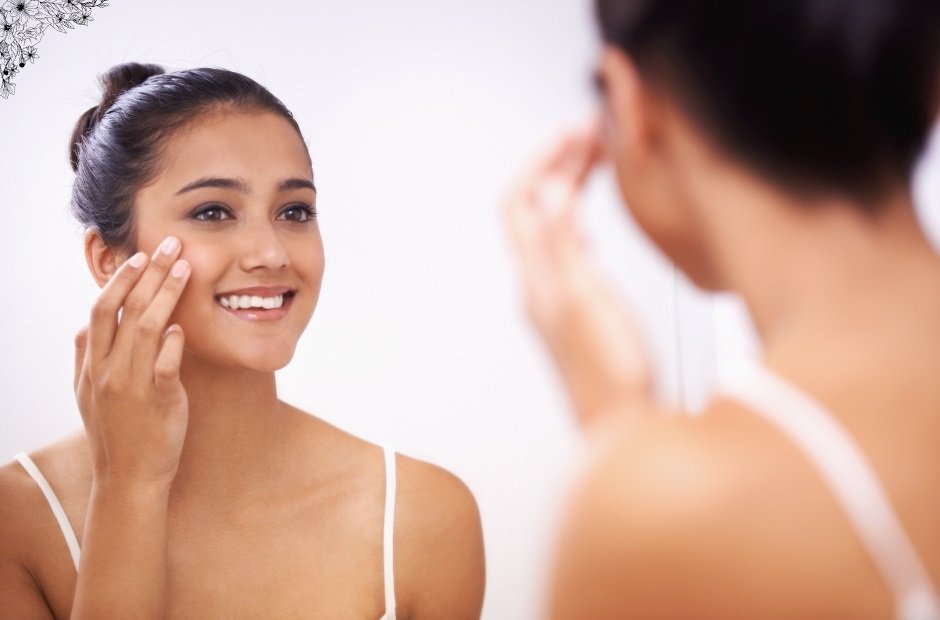
Regular skin monitoring helps detect early signs of skin damage or skin cancer. Early detection is key to successful treatment. Here’s what to do:
- Conduct Self-Examinations: Check your skin regularly for new moles, changes in existing moles, or any unusual growths. Use a mirror to examine hard-to-see areas.
- Visit a Dermatologist Annually: A yearly check-up with a dermatologist can help identify potential issues early. If you have a history of skin cancer or other risk factors, you may need more frequent visits.
- Report Changes Promptly: If you notice anything unusual, such as rapid growth, asymmetry, irregular borders, changes in color, or bleeding, seek medical advice immediately.
SUMMARY
Protecting your skin from sunlight in summer requires a combination of strategies, from using sunscreen and wearing protective clothing to seeking shade and staying hydrated. By following these tips, you can enjoy the summer season safely while minimizing the risks associated with UV exposure. Remember that sun protection is a year-round effort, and taking these precautions can lead to healthier, more radiant skin in the long run.



